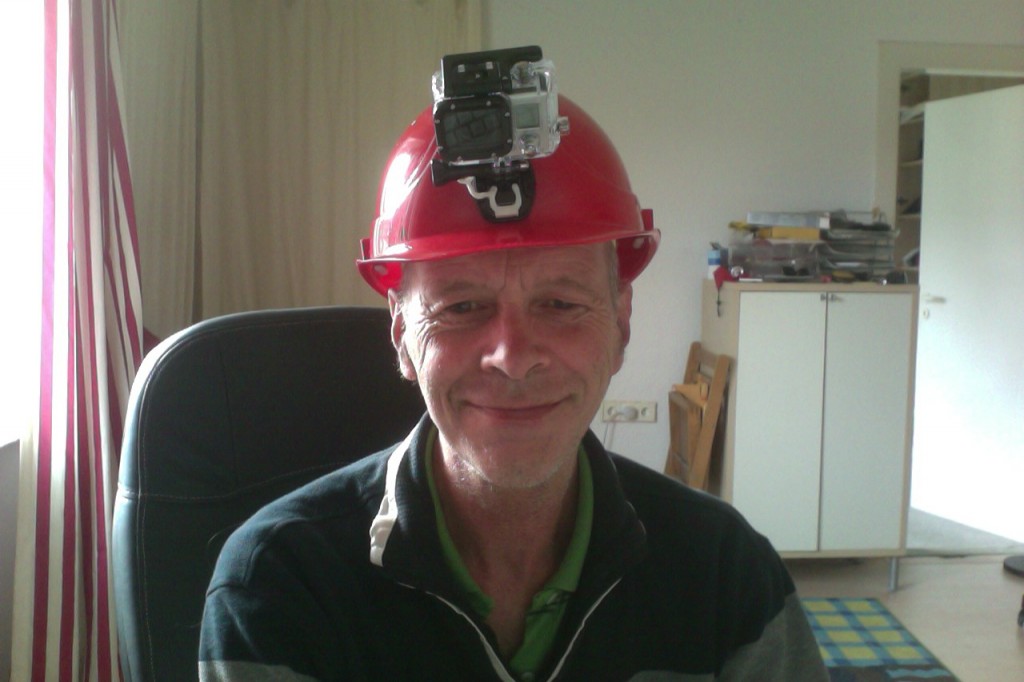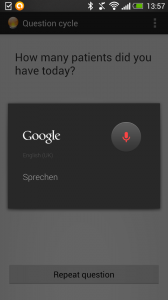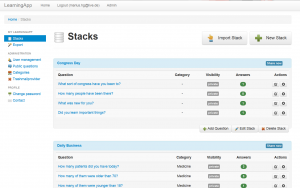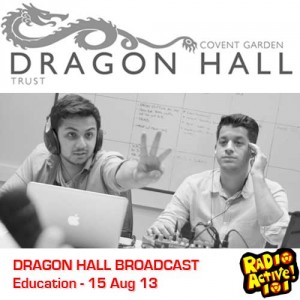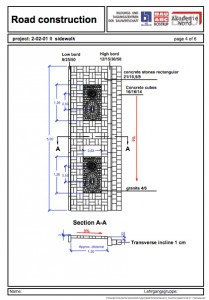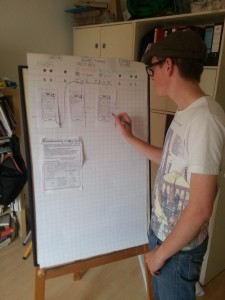The future of social networks?
Regular readers of this blog will know I have never been a great fan of Facebook. It was probably my own fault – I just approved almost everyone who wanted to be friends with me and did not get round to creating groups. But the constant interface tweaking, the intrusive adverts – not to say the paid for entries – and Facebook’s obvious conflict of interest between personal privacy and their desire to make money out of the site, all put me off. However, I recognise the appeal of the network for other people – it is just not for me.
I have long thought that the future of social networking lies in more niche networks – geared to individuals interests. At one time it seemed like Ning could break through in this direction, until they lost their nerve and started charging for networks. In the education field ELGG had its day, before becoming a more general content management system. And of course, many educationalists have been active on Twitter, but that too has arguably become less useful for professional or work purposes as entertainment has taken over.
Two things started me off thinking about the future evolution of social networks in the last week. The first was I finally accepted an invitation to join ResearchGate. ResearchGate describes itself as a site “built by scientists, for scientists.” It started, they say, “when two researchers discovered first-hand that collaborating with a friend or colleague on the other side of the world was no easy task.” It is not new, having launched in 2008, but now has more than 3 million researchers as members. Not everyone is a researcher, and not all researchers will find it to their taste. But, if like me, you forget what you have published, if you want to make your research freely available, if you want to find useful and freely available research by others and talk to other people working in the same area as you, it appears very good.
The second article which got me thinking was a ‘White Paper’ by Jane Hart entitled Building an Enterprise Learning Network in your Enterprise Social earning Network: The way to integrate social learning in the workplace. Enterprise Social Networks (ESNs) are internal platforms that are designed to foster collaboration, communication and knowledge sharing among employees.
Jane points to the growing use of social networks in enterprises citing a report from Deloitte that 90 per cent of Fortune 500 companies will have a enterprise social network by the end of 2013. She proposes setting up Enterprise Learning Networks within an Enterprise Social Network offering the opportunity to offer a range of new services, activities and initiatives – many of which have been adapted from popular approaches on the Social Web.In fact I worked on a project some three of four years ago doing just this – working with an English careers company with some 400 employees and it was highly successful. Its just we didn’t have the jargon at the time!Within the Learning Layers project we are looking at how to scale the use of technology for learning within industrial clusters,. and it struck me that establishing social learning within a (cross enterprise) social network might be a useful approach. One critical question would be the extent to which companies are prepared to share knowledge – and what sorts of knowledge. That is the subject of plenty of theoretical and empirical research – but I wonder if establishing a network and exploring what happens might be a more productive approach.I’d be very interested in hearing from anyone else with experience or ideas in this area.

